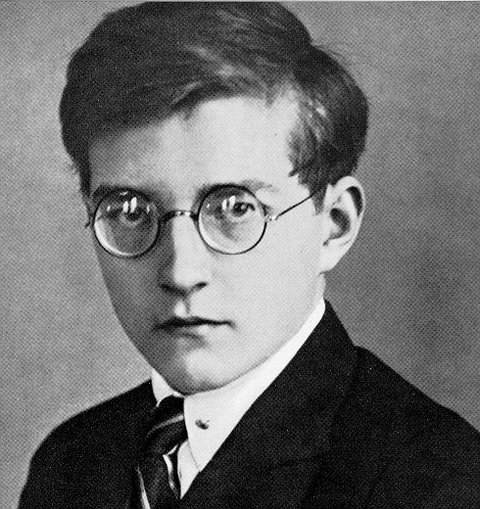Dmitri Shostakovich lived through the Second World War and was threatened by Stalinist terror, yet he was made into the figurehead of Soviet music. In his article, Clemens Matuschek discusses how the artist remained true to himself despite these challenges.
A man stands in the stairwell, his coat on, with a packed suitcase next to him. He is waiting to be arrested, exiled to Siberia or shot. He has not committed a crime. But, according to those in power, his music is dangerous. His name is Dmitri Shostakovich. His career got off to a promising start – until dictator Josef Stalin denigrated his opera »Lady Macbeth of Mtsensk« in a newspaper review, calling it »chaos instead of music«. This was a death sentence in the era of the Great Stalinist Terror. From then on, he expected to be picked up by the secret police at any moment.
Can you imagine a more extreme, psychologically stressful situation? The famous composer remained in this state of mind for 20 years. Not to mention the fact that he witnessed first-hand the great civilisational catastrophes of the 20th century: the Russian Revolution, Stalin's reign of terror and the Second World War, including the siege of his home city of Leningrad (now St Petersburg). If any artist’s fate is »all ultra«, it is his.
It is only fitting, then, that his music is the focal point of Beethovenfest 2025, with a number of pieces that encapsulate his eventful life. Performed with verve by dynamic artists, who confirm the tragedy and life-affirming power of his music, despite everything.










